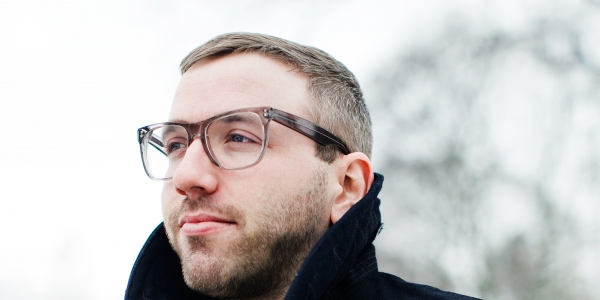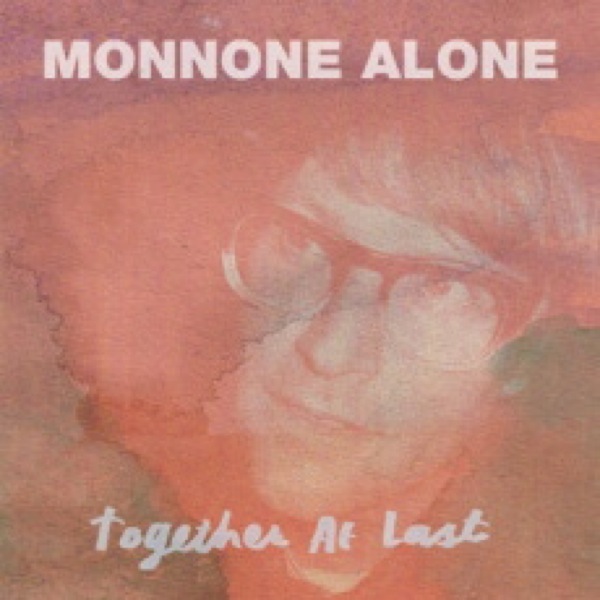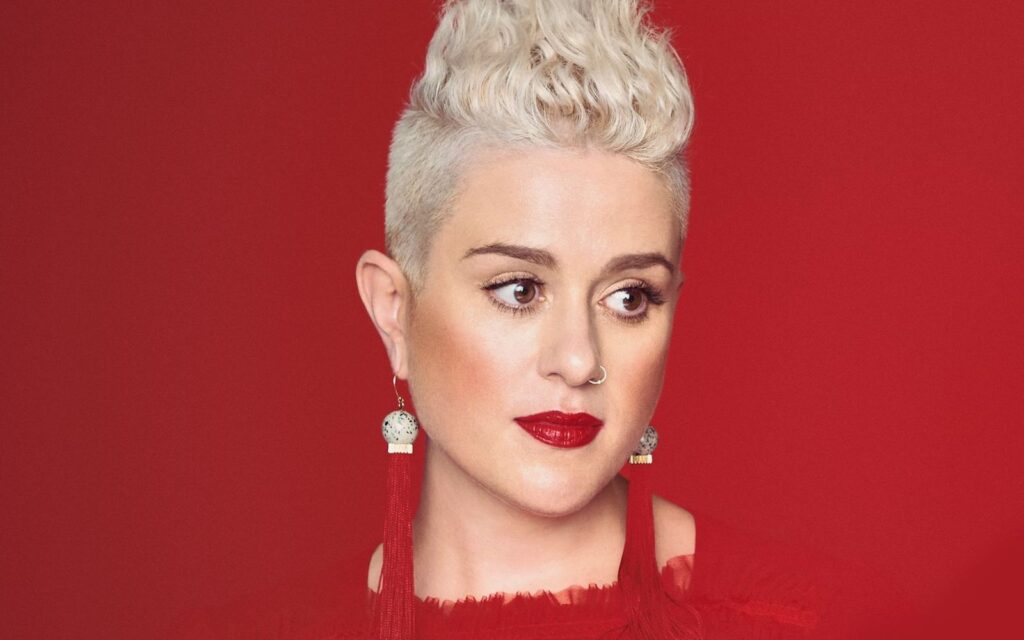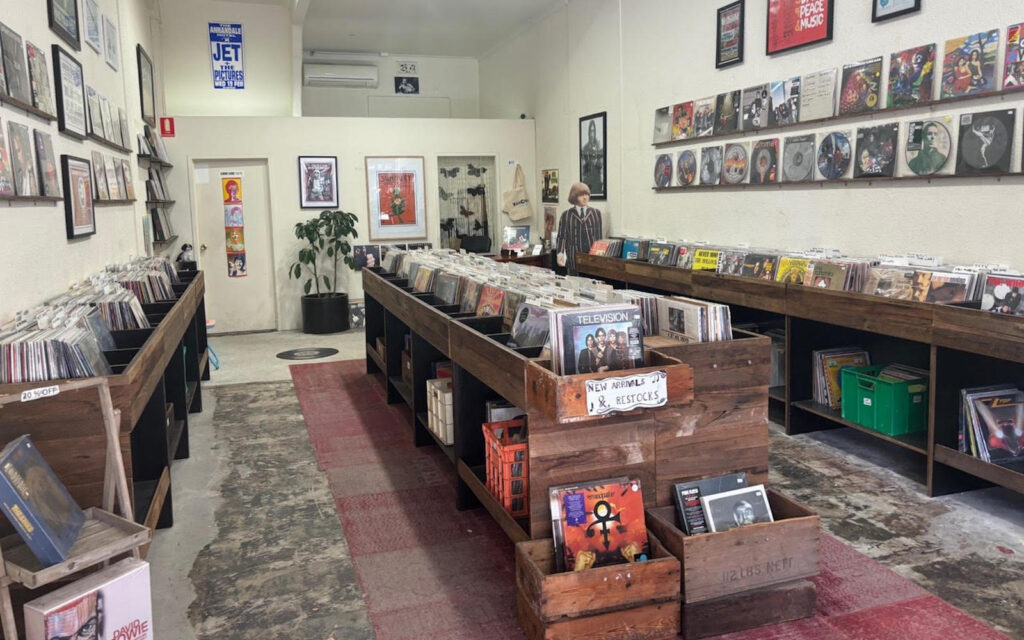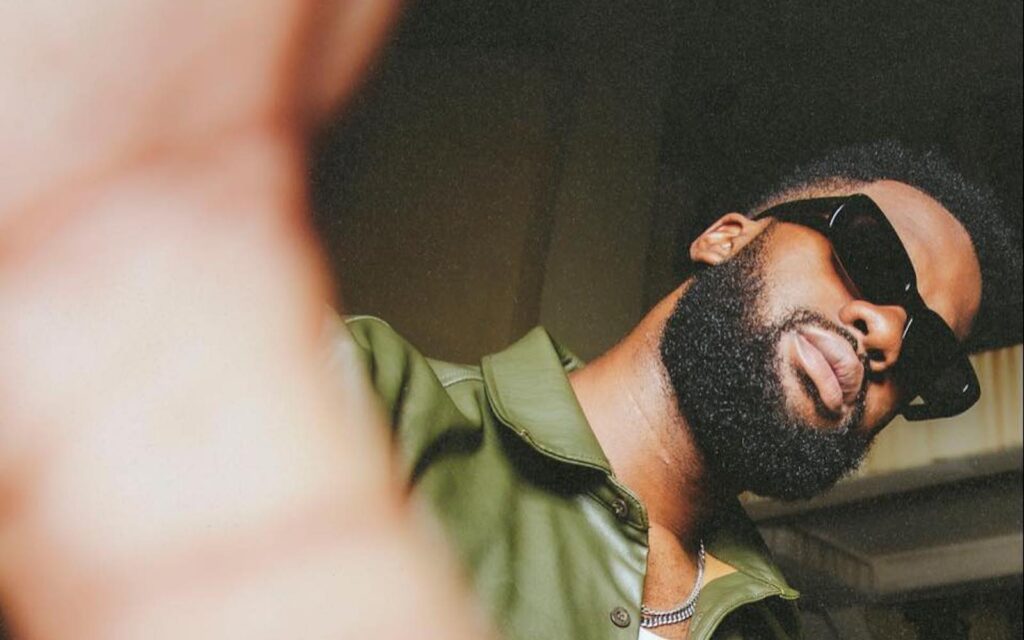The most immediately noticeable development on The Hurry And The Harm is Dallas’ development as a vocalist, stretching beyond with hints of tremolo. “I think that I’m always trying to be better at singing, trying to find new spots in my range. I think I’ve always approached it that way from the beginning. If you go back to the first Alexisonfire record, and you compare my voice from that to this it sounds like two different people. And that’s because it is – a 21-year-old kid versus a 32-year-old person,” he states. “I don’t approach writing new songs thinking, ‘I have to become a better singer’, I just try to become a better singer, if that makes sense.”
As for his approach to recording, Dallas has been steadfast in his ability to swiftly record an album in its entirety. “The songs are fully finished before I go into the studio, at least in the last few times. I don’t have a studio at home, but my basement is set up with all sorts of instruments lying around. So when I come up with a song idea or a drum part, or if I hear a guitar part or keyboard part, I will demo it until I am completely happy with it. When I go to the studio, I want to be ready to work. I don’t want to be there thinking, ‘Oh what song do I want to write?’ Not even in Alexis did we really do that.
“I think it stems from being an independent band without a lot of money to record with, just approaching it in the most cost-effective way,” he reasons. “I just can’t imagine it, when I hear about people being in the studio for a year, I would go completely insane if I did that. I shape the songs and trim the fat before I go in. There are times when you discover that you need to change the tempo and slow it down when you hear it clearly in the studio. But the songs are ready to go by the time I get in there.”
In regards to the sonic qualities present on The Hurry And The Harm, I offer to Dallas a comparison to the alternative songwriter greats of the ’90s. “It’s cool to hear you say that. I write songs and record them, and that’s where my job ends. It’s your job to listen to it and take what you need from it. I’ve never been good at describing what the music sounds like. I didn’t go into making the record thinking that I wanted it to sound a certain way, or I wanted to emulate a sound. I just had these songs, and obviously I wanted them to sound good. I sang all the songs in three or four days, so it’s kind of in the same spot whether I was singing high or soft.”
The Hurry And The Harm features some bold thematic assertions, with tracks like The Golden State taking aim at song-form loveletters to California and is Commentators Dallas purposefully setting out to rattle a few cages?
“I think to a degree I am, but if you listen to the songs – take The Golden State for example – and get angry about it, I don’t care. If you get angry about that song, then you shouldn’t be listening to the record. That song is ironic, because I’m obviously singing about California with lyrics like ‘Why is everybody singing about California?’ It’s a tongue-in-cheek reaction I had when I heard one too many songs about California and had enough,” he laughs.
“And Commentators is my opinion about how I feel today and how I feel about the internet, where there’s no accountability when people say things to each other facelessly and namelessly. I think it’s a horrible, disturbing time to be alive. Everyone says how the internet is bringing everyone together, but it’s really just driving a wedge in between actual interaction with people. The internet is ruining people’s manners. More people come up to me and say, ‘Can I have a picture with you?’ rather than ask how I’m doing. ‘Can I have a picture’ is the new ‘hello’, it’s very strange. I always say, ‘Yes, you can have a picture. But can you tell me your name?’
“People are too concerned with updating their social media before they even have a conversation with somebody socially. It’s very strange. Strange to be alive, and strange to be in the position I’m in. I’m not saying you have to agree with me, and you don’t have to listen to the record. I’m not trying to be the biggest, I’m not trying to be U2. I just want to sing.”
City And Colour, a solo acoustic project at its core, has gained immense traction in an era of electronic-based laptop artists and stadium-sized indie rockers. It’s a phenomenon that Dallas struggles to rationalise. “I would hope that people see something honest in it. But it’s not really for me to judge or to come up with an answer. If I could come up with an answer, I would just write a book on how to be successful, then retire. The hope is that I write songs that are relatable to people and they can get what they need from it,” he muses. “But really, I don’t know. Especially when I look at all the pop music out there and how lifeless it is these days. Maybe it resonates because it’s tangible, you can really get in the song, it’s not just a catchy hook written by the songwriter of the day.”
Most recently Australia for Alexisonfire’s farewell jaunt, Dallas is more than keen to return under the City And Colour banner. “I’m hoping to come back at the beginning, or early, next year. I’ve kind of got stuff booked up until then, but if it was up to me I would come tomorrow. I love it there, it’s my favourite place to tour outside of Canada – which I’ve said many times in many interviews. I do mean it, it’s sort of a second home to me. So hopefully early next year I will be in and around, and hopefully people are still excited and they like the new record.”
BY LACHLAN KANONIUK
